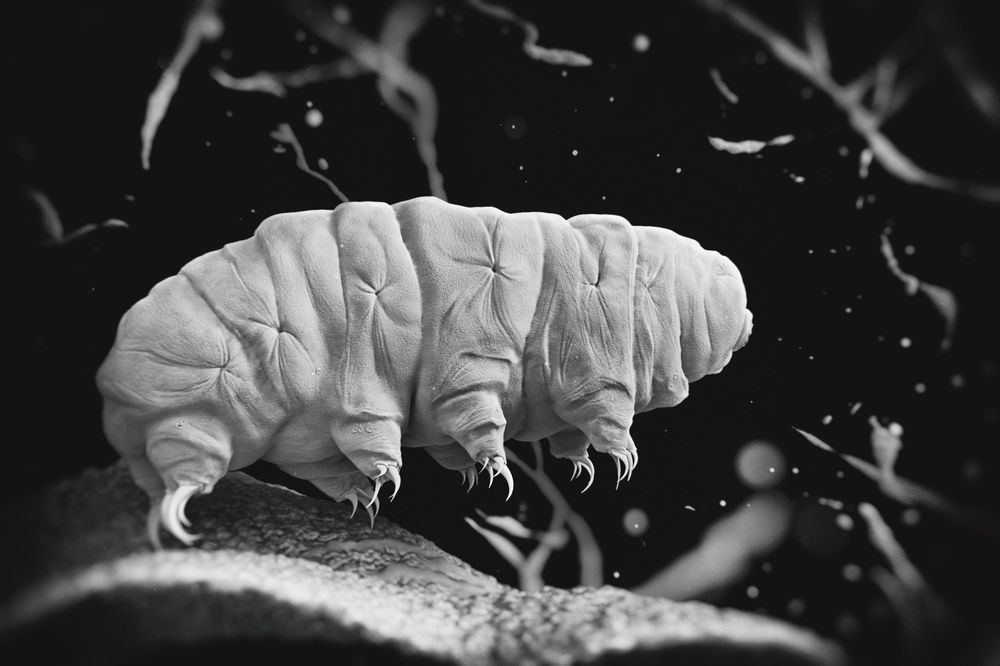The SENS Research Foundation science team is taking the next step in their work on moving mitochondrial genes into the cell nucleus, a process called allotopic expression. Having proven that they can carry out this task with the ATP8 gene in cells, they are now aiming at proof of principle in mice. This will require the production of transgenic mice, using a novel technology funded by the SENS Research Foundation called the maximally modifiable mouse. This mitochondrial project is being crowdfunded at Lifespan.io: you, I, and everyone else can contribute to advancing the state of the art one step further towards eliminating mitochondrial DNA damage as a cause of aging.
Mitochondria are the power plants of the cell, a herd of organelles descended from ancient symbiotic bacteria. They reproduce by replication and are recycled when damaged by cellular maintenance processes. Mitochondria carry the remnant of the original bacterial DNA, encoding thirteen genes vital to the process by which mitochondria package chemical energy store molecules. Unfortunately mitochondria generate reactive molecules as a byproduct of their operation, and this DNA is less well protected than the DNA of the cell nucleus. Some forms of damage to this DNA can break mitochondrial function in ways that allow the broken mitochondria to outcompete their functional peers, leading to dysfunctional cells that export massive quantities of damaging, oxidative molecules into the surrounding tissue. This contributes to conditions such as atherosclerosis, via the production of significant amounts of oxidized cholesterol in the body.
Allotopic expression of mitochondrial genes will work around this issue by providing a backup source of the proteins necessary to mitochondrial function. It has been demonstrated to work for ND4, and that project has been running for some years at Gensight Biologics to produce a therapy for inherited conditions that involve mutation of that gene. This work must expand, however, to encompass all thirteen genes of interest. So lend a hand, and help the SENS Research Foundation team take the next step forward in this process.






